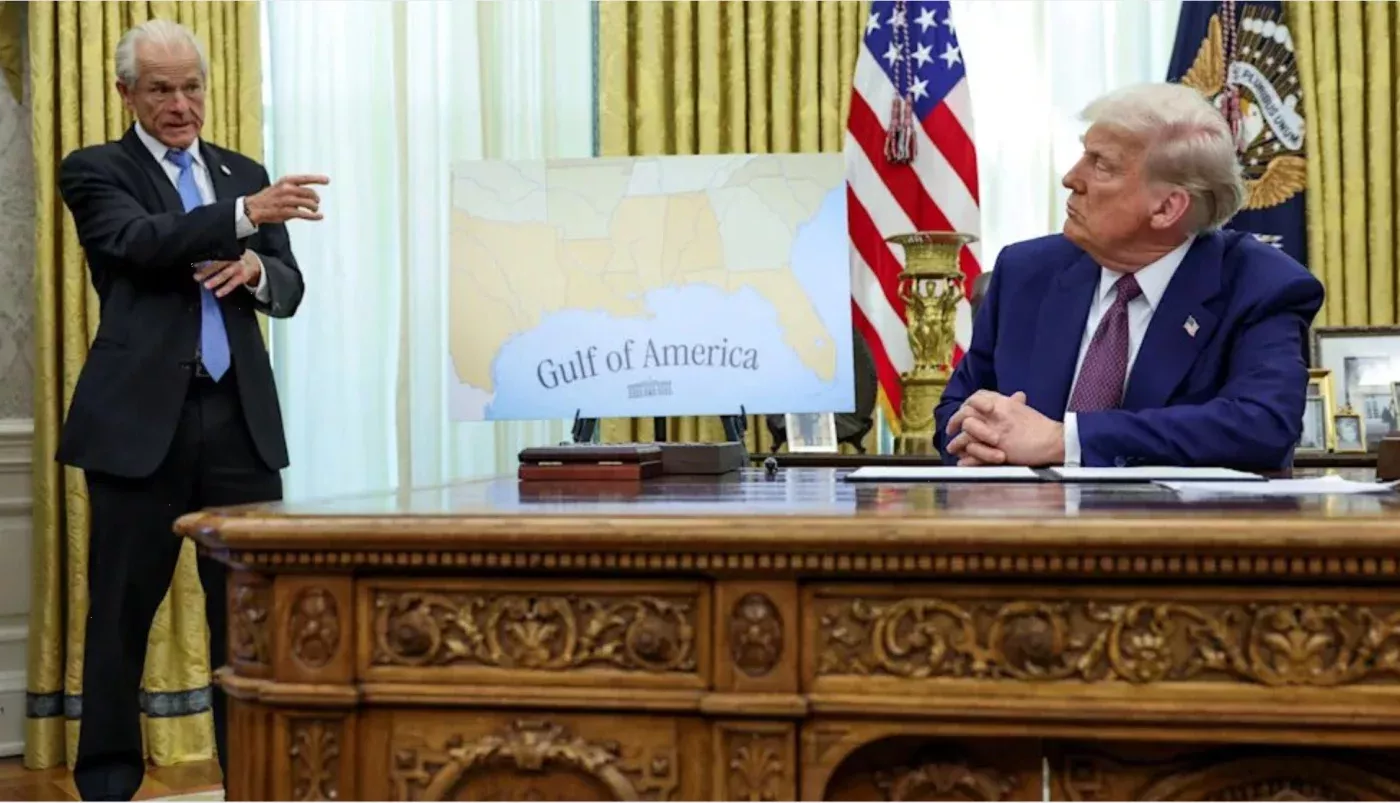A verbal "battle" over tariffs between Elon Musk and a Trump advisor: Is Tesla really not an American company?

Conflicts over import tariffs in the US are escalating. Earlier, reports emerged that Tesla founder Elon Musk was against the tariff policy of the Joe Biden administration. Now the dispute has intensified — Musk openly criticized Trump advisor Peter Navarro, who had promoted the idea of tariffs.
Is Tesla not "American"?
In an interview with CNBC, Peter Navarro stated that he does not consider Tesla to be a sufficiently American company. According to him, Tesla cars are mainly assembled from foreign parts:
“For example, batteries come from Japan and China, electronics are brought from Taiwan. We want a car where the tires are from Akron, the transmission is from Indianapolis, and the engine is from Flint and Saginaw. And most importantly, it should be manufactured in the USA,” Navarro said.
In his opinion, Elon Musk is opposing tariffs solely to protect the interests of his company.
Musk's response was swift
Elon Musk responded to Navarro's comments on his social media platform X. He harshly criticized the advisor:
“Navarro is a real fool. What he said is a lie. Tesla is a real American company. He is dumber than a bag of bricks,” Musk wrote.
What lies behind the clash of opinions?
According to the publication Bild, the main reason behind this dispute is the contradiction between industrial companies and protectionist (i.e., protecting local manufacturers) trade policies. For instance, large technological companies like Tesla are concerned that new tariffs could pose a serious threat to their international growth.
Trump's tariffs and Europe's response
It is worth noting that on April 2, US President Donald Trump announced the imposition of tariffs ranging from 10% to 50% on many countries around the world. They came into effect on April 9. EU member states approved the European Commission's proposal to take retaliatory measures against the US.
The verbal "battle" between Elon Musk and Peter Navarro clearly illustrates how tariff policies are affecting technological companies. The clash between state policies and private business interests could lead to even more intense disputes in the future.







